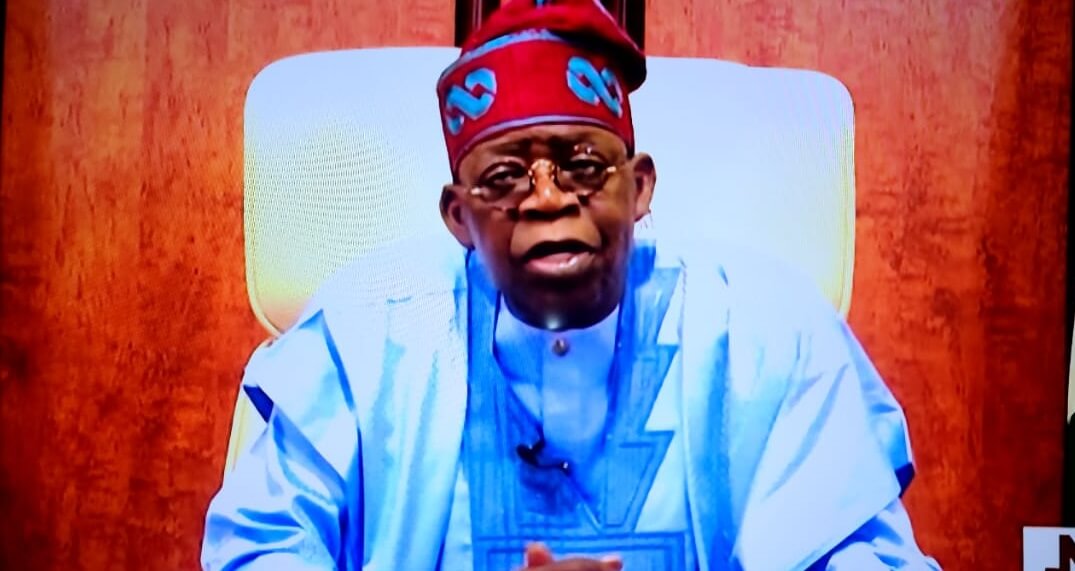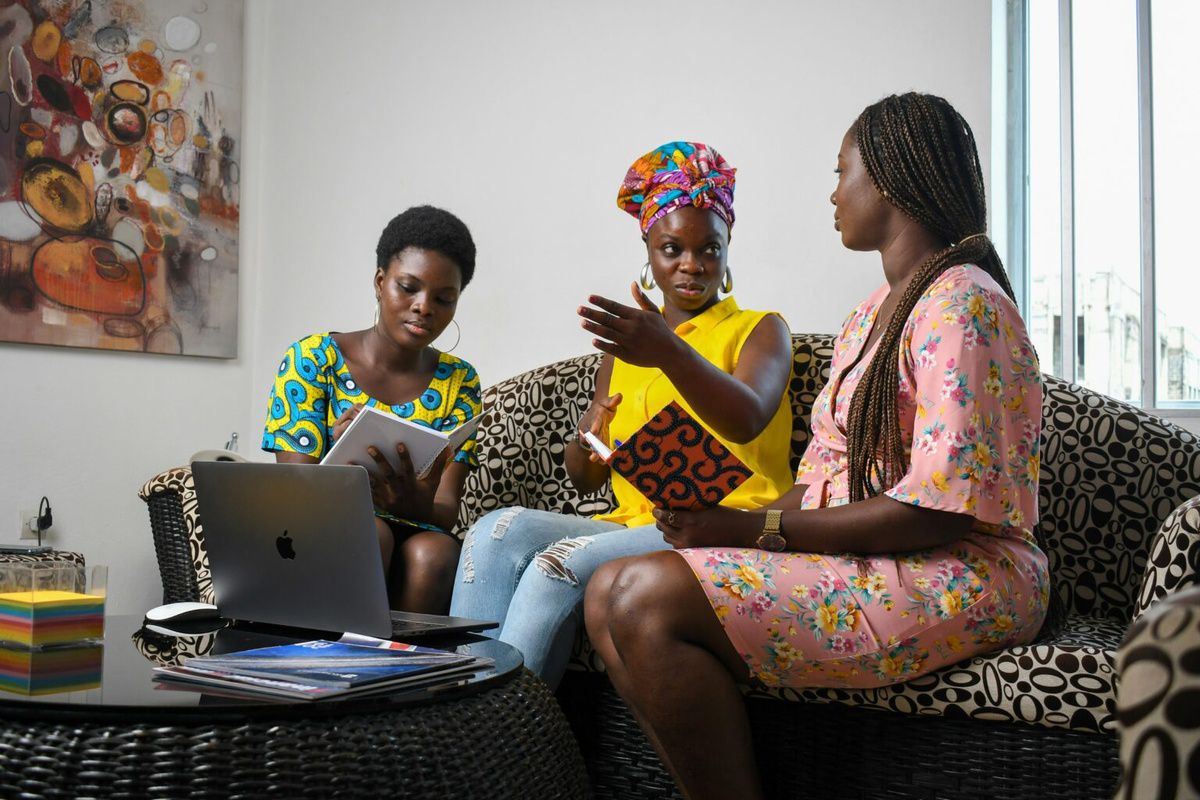60% Of Nigerians Don’t Trust Tinubu—Report

At least 60 per cent of Nigerians distrust President Bola Tinubu, highlighting growing dissatisfaction with the country’s leadership and governance, a new report by Chatham House has revealed.
Titled ‘Taking Action Against Corruption in Nigeria: Empowering Anti-Corruption Role Models and Coalitions to Change Social Norms,’ this latest research comes from Chatham House’s Africa Programme under the Social Norms and Accountable Governance (SNAG) project.
The study, which cited a survey conducted in partnership with Nigeria’s National Bureau of Statistics (NBS), paints a troubling picture of public scepticism toward political institutions, particularly the presidency, the federal government, the judiciary, and the police.
The survey, which polled 6,400 households across multiple states, including Adamawa, Benue, Enugu, Kano, Lagos, Rivers and Sokoto States, as well as the Federal Capital Territory, Abuja, found that trust in the government remains alarmingly low, with the police ranking as the most distrusted institution at 71 per cent.
The judiciary followed closely, with 61 per cent of respondents expressing a lack of confidence, while the federal government came fourth with about 58 per cent of respondents saying they distrust this tier of government.
“The crisis in public trust is highlighted by the findings of the fourth and most recent iteration of the Chatham House SNAG project’s national household survey, implemented in partnership with Nigeria’s National Bureau of Statistics (NBS).
“Responses to the 2023 survey show significant levels of dissatisfaction with political leadership in Nigeria.
“As part of the survey, respondents were asked to indicate their level of trust in various institutions. Of all those mentioned, the police were by far the most greatly distrusted, with 46 per cent of people responding that they distrust the police ‘greatly’. Only seven per cent of respondents stated that they had great trust in the police,” the report read.
“The president and federal government ranked second- and third-least trusted by the Nigerian public, with 36 and 35 per cent respectively, stating that they distrusted those institutions ‘greatly’.
“Other formal institutions and leaders—including the judiciary, local government councils and state-level politicians and bodies—are also widely distrusted by the public that they are appointed and elected to serve.”
Despite more than two decades of anti-corruption reforms, corruption remains widespread, undermining public confidence in leadership.
The report highlights that partisan interests, weak accountability structures, and impunity have rendered many of these reforms ineffective.
It notes that corruption has diverted scarce government revenues, weakened the economy, and contributed to the rising cost of living, making everyday survival increasingly difficult for ordinary Nigerians.
According to the findings, many citizens now doubt the sincerity of government efforts to combat corruption, seeing them as political tools rather than genuine attempts at reform.
Public perception of corruption is reinforced by the belief that power holds more value than honesty in Nigerian society.
The survey found that 59.2 per cent of respondents agreed that power is prioritised over integrity in their communities, while 61.5 per cent believed that people would compromise their ethical values to gain control of scarce resources.
The report advocates for a shift in approach by promoting “integrity role models” within Nigeria’s public and private sectors.
These are individuals who actively resist corrupt practices and set examples for ethical leadership.
The study suggests that such figures should be empowered through legal protections, coalition networks, and policy reforms to amplify their impact.
It also calls for civic organisations and anti-corruption advocates to work more closely together to protect those who speak out against corruption.
Despite the widespread distrust, the report finds that Nigerians still value fairness and justice. While 68.3 per cent of respondents said people in their communities prioritise personal gain over collective well-being, 73.4 per cent agreed that their communities care when someone is unfairly treated.
“Public opinion regarding personal and institutional conduct still matters in Nigeria. In some instances, public criticism has been effective in forcing contrition or a reversal of abusive official conduct.
“Significantly, the survey findings suggest that cultural norms of empathy and social responsibility are resilient in Nigeria and that there is a shared desire among Nigerians for fair treatment.
“While as many as 68.3 per cent of respondents agreed that most people’s ‘primary concern was their own personal benefit’ (suggesting a belief that many individuals prioritise personal advancement over the community’s welfare), 73.4 per cent of respondents agreed that most people in their community ‘feel bad when someone is being taken advantage of’.
“These conflicting views demonstrate the complicated and ambivalent relationship most Nigerians have with corrupt practices.
“Many recognise corruption as a real problem but feel resigned to its prevalence. At the same time, its persistence creates room for justification of corrupt practices, public apathy and scepticism about the effectiveness of anti-corruption measures.
“With widespread corruption, people tend to doubt the sincerity or potential success of government reforms,” it stated.
Since 2015, SNAG has sought to discover the drivers behind corrupt behaviour in Nigeria and the social beliefs that support corrupt practices. Over the years, SNAG has delivered four national surveys, surveying 22,600 households from a cross-section of Nigerian socio-economic, political and demographic conditions, including urban and rural areas, as well as representing Nigeria’s six geopolitical zones.
60% Of Nigerians Don’t Trust Tinubu—Report is first published on The Whistler Newspaper




